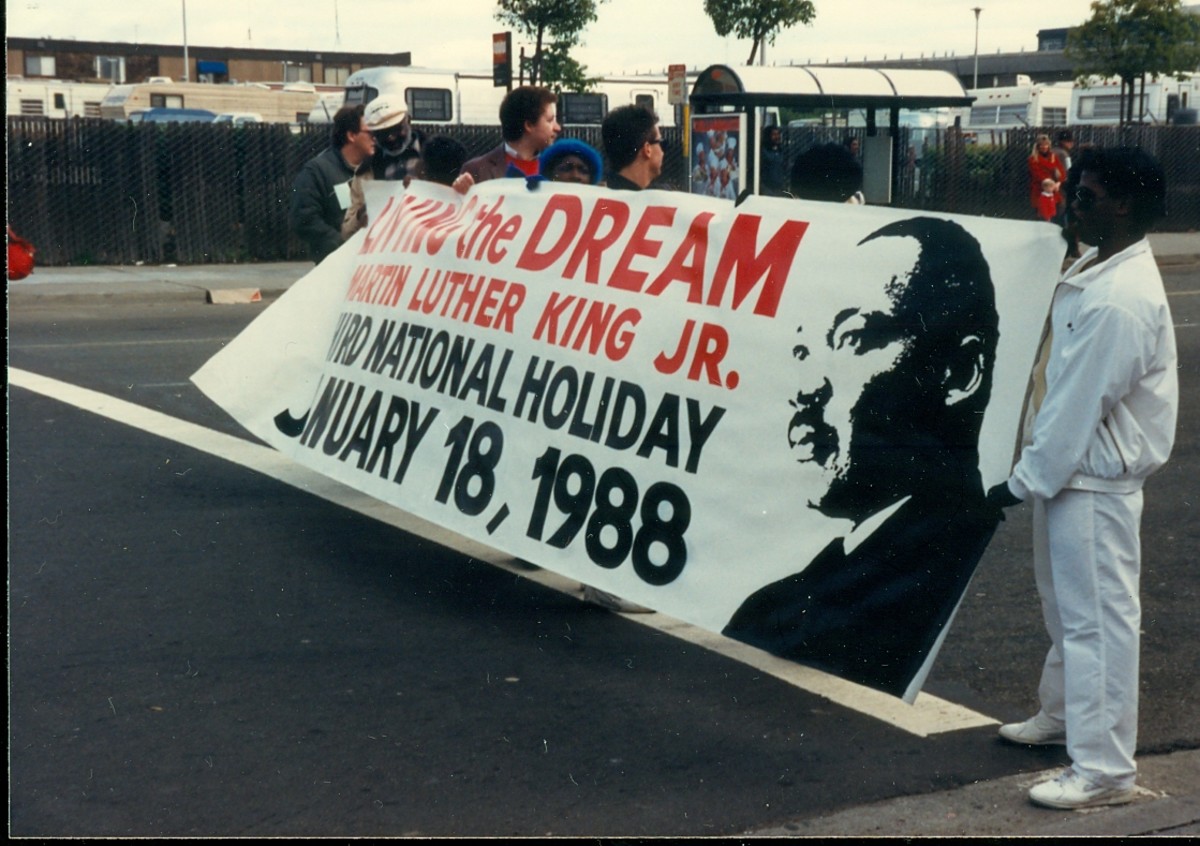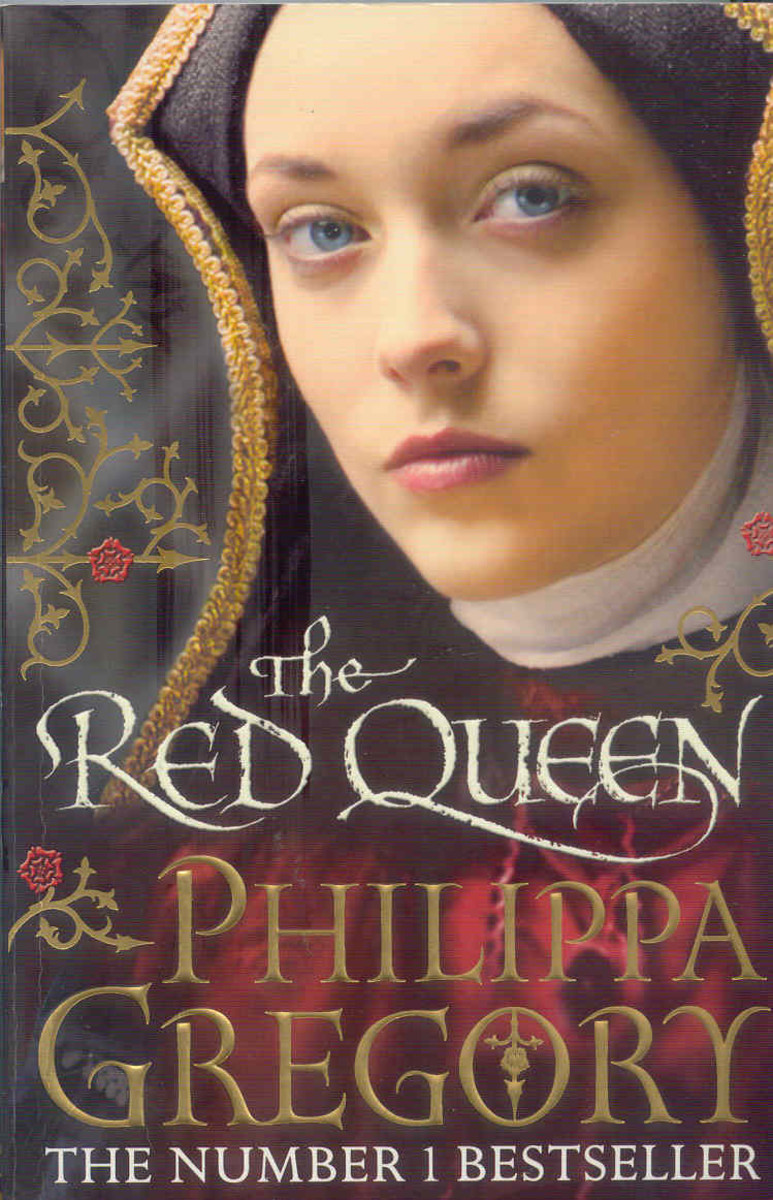Passing Reading Response

The title “Passing” is derived for one of the character’s incognito assimilation as a member of a different racial group. In this case Clare Kendry, the character in question, is “passing” for being a white woman. This story is set in the turmoil of the Civil Rights movement in the United States; a time when the depth of your character was determined by your skin color and crossing the racial lines set by society was punished with malevolent glee. Being white in America meant that opportunities abounded for prosperity, while being colored meant being regarded as little better than a beast of burden. Prejudice ran rampant, and ignorance ran deep on both sides of the fence. Those that were the consequence of an interracial union faced a unique circumstance that was dangerous if one did not proceed with caution.
Children, who favored the parent with darker features, were relegated to the restrictions of Jim Crow. However, those that fell on the lighter side of the spectrum were afforded a unique opportunity to camouflage into white society, and exist as one of them. Should they be found out, depending on the community they were living in, at best they could expect exile, at worst the destruction of their family. No matter where those born with mixed heritage fell, they still existed in a limbo singularity. They were connected to two worlds, and yet could walk in neither, not truly. They were too dark to be white, and too light to be black. They existed in a world of their own, a societal purgatory from which they could not escape.
The introduction of Clare’s husband, John Bellew, anchors her in her false flag existence in white society, and the high-wire she must walk to maintain her crossing the boundary between black and white. He is sure in his own superiority, and what he conceives as African-American’s inferiority, despite the fact that he has no direct knowledge of black society, only taking into account hearsay, and news publications. His words are ironic, to his wife’s guests and the audience, as his assurances of his wife’s pedigree is presented. He remarks on how his wife’s skin darkens every year, a transformation that he makes no connection to the possibility that his wife isn’t what he thought she was.
Irene, the narrator of the story as well as Clare’s other guest, Gertrude, who like Clare, is “passing” and is married to a white man, but unlike Clare, has full knowledge of his wife’s family tree. All the women in this scene “pass”, and are forced to walk a fine line in order to maintain Clare’s cover and not let their emotions get the better of them, which would indelibly, force the truth out into the open, and place not only Clare, but her guests in jeopardy. Bellew is not a man who stand for having his illusions ripped away from him, and would be unable to return to ignorance peacefully. The women themselves would be at risk to harm, not only by Bellew’s hand, but with great probability, the police, which they would be unable to defend themselves against, not if their mixed heritages were brought to light.






